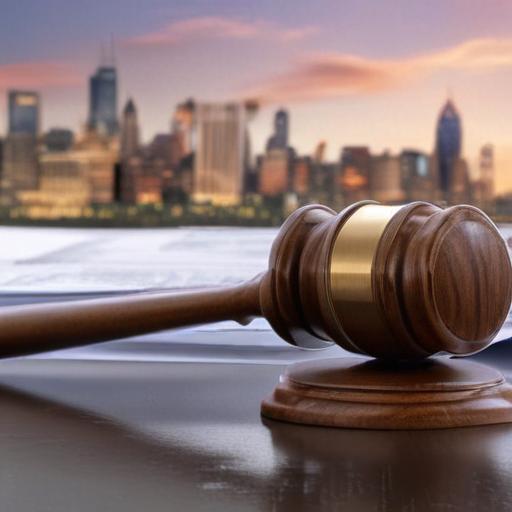Republican Representative Nancy Mace from South Carolina has introduced a new piece of legislation called the Lawless Cities Accountability Act. This bill aims to withdraw federal funding from cities that Mace perceives as supporting chaos over law and order, especially in light of recent protests against immigration enforcement in Los Angeles.
Mace’s statement underscores her concerns regarding a pattern she sees in cities that defund police or disregard federal assistance during civil unrest. “If you’re a city that sides with rioters or defunds the police… those are the contours that you use to define lawlessness,” she remarked.
The protests in Los Angeles, which have seen a temporary curfew imposed in certain areas, were sparked by aggressive immigration policies, resulting in notable unrest. In an attempt to maintain order, the Trump administration has mobilized thousands of National Guard troops and Marines to Los Angeles without the consent of California’s Governor Gavin Newsom. This action has been met with legal challenges from local officials, who argue it is unconstitutional and “immoral.”
The Lawless Cities Accountability Act, co-introduced by Texas Representative Brandon Gill, would grant the federal government the power to declare certain cities “lawless” based on criteria such as ongoing unrest or failures in law enforcement. Such designations would lead to a freeze on federal funding for those cities for 180 days.
During an interview, Mace expressed her discontent with the Los Angeles authorities’ response to the unrest over the weekend, highlighting incidents of violence and property damage. While she acknowledges that the situation has calmed down recently, she insists that any city allowing such behavior to continue should face financial repercussions.
Mace’s hardline stance reflects a broader narrative among some Republicans about the need for strict law enforcement and consequences for municipalities that they believe are not upholding public safety measures. Amidst the turmoil, there is hope that peaceful protests can prevail without descending into lawlessness, allowing communities to address their concerns while maintaining order.
This legislation comes at a time when public safety and enforcement of law remain hot-button issues in the U.S., and it may spark further debate on the role of federal oversight in local law enforcement matters.
